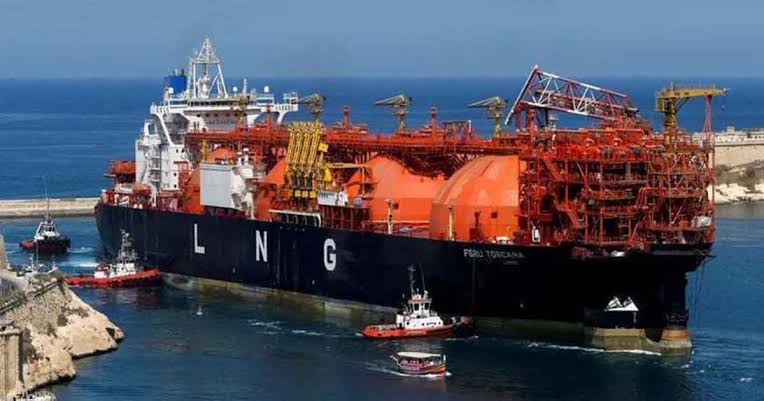Pakistan moving to stone age with looming energy crisis

The gas crisis in Pakistan is set to worsen in February as ENI, a Liquefied Natural Gas (LNG) trading company in Pakistan, has backed out of the LNG cargo which was scheduled to arrive on February 6-7, 2023, a senior official of the Energy Ministry confirmed, The News International reported.
The Petroleum Division’s top officials are worried about the development as Pakistan is already facing a gas crisis. In some of the main pockets of the city, gas has become a rare commodity even at the time of cooking.
The government under its gas load management plan promised gas supply to domestic consumers for cooking times in winter, three hours in the morning from 6 am to 9 am, two hours from 12 noon to 2 pm, and three hours from 6 pm to 9 pm. The ground realities, however, speak otherwise, The News International reported.
According to the relevant authorities, the impact of ENI backing out will come in the shape of reduced supplies to the power sector and the projected supply of 325 MMcfd to the sector next month will not be available.
As a result of the crisis, the reliance on furnace oil-based electricity will increase and end consumers will get costly electricity. The Petroleum division had earlier claimed that the ENI from January 2023 onwards, will not default but that is not the case.
ENI spokesperson when contacted, confirmed the development, saying: “February delivery disruption is beyond the reasonable control of ENI and due to an event of Force Majeure (unforeseeable circumstances). ENI does not benefit in any way from the situation.”
According to the senior official, ENI defaulted five times in 2022; it failed to provide LNG cargoes in the months of March, May, July, September, and November, The News International reported.
Recently, it was reported that Pakistan has failed to procure Liquefied Natural Gas (LNG) at an “affordable” price.
The highest-ever bid that Pakistan accepted since it started LNG imports in 2015 was at USD 30.65 per mm Btu in November 2021. The state-run Pakistan LNG Ltd (PLL) floated a tender on June 16 for four LNG cargos, one each in the first and second weeks, and two in the last week, of July.
No bidder came up for July 2-3, July 8-9, and July 25-26 delivery windows. This was PLL’s ‘third’ failed attempt to have an LNG cargo in the first week of July.
Qatar Energy, a state-owned petroleum company of Qatar, had offered an LNG shipment at USD 39.8 per million British Thermal Units (mmBtu), which would have been the “priciest” purchase for Pakistan had it not rejected the offer.




